Neocities.org

 readingproject
1 month ago
readingproject
1 month ago
Just doing a rewrite of part of this review to add some more discussion about wind, of all things
 bright-eyes
1 month ago
bright-eyes
1 month ago
I have known acid to be a problem with adhesives and paper mounting for photographs and that you should always try to use acid free paper for artwork, but I've not known that it was a problem for books before, and for it to be so dramatic that it makes a book fall apart. Is the brittleness of paper a natural aging process that happens to all paper, regardless of the pH or is it just a problem with acidic papers? Do
 bright-eyes
1 month ago
bright-eyes
1 month ago
all paper types yellow, or is it just those that are treated with acid during manufacture?
 readingproject
1 month ago
readingproject
1 month ago
A lot of paper is supposed to be acid free now, especially like the Easton Press books I describe which use archive quality paper. But a lot of paperbacks still have this problem. My copy of The Oresteia was particularly bad. Books can yellow and degrade after only a few decades. In my case, I opened the cover and it snapped off like a biscuit cracker.
 readingproject
1 month ago
readingproject
1 month ago
Treatments off the shelf like sprays to balance the PH of the paper are meant to slow the process down substantially. Some advertising says it will make books last three to four times longer. I’m not sure how much more effective professional treatments used by institutions would be, but I imagine they would have to be better for the cost involved.
 saddleblasters
1 month ago
saddleblasters
1 month ago
I felt a twinge of nostalgia seeing your copy of The Oresteia -- that's how many of the books I read growing up looked, as they'd been passed down to me from my grandparents. I remember as a kid that it seemed completely normal to me for the book to fall to pieces as I read it.
 readingproject
1 month ago
readingproject
1 month ago
My mother came from a large family who mostly despised reading. She was the odd one out. Even though she didn't have much money she still bought me a book when she could. I still have them, and I still have the few books she owned, too, when young. They're all a bit coloured now, but are mostly in good condition. Physical books have that advantage over the digital. They become a part of our lives!
 letslearntogether
1 month ago
letslearntogether
1 month ago
Aw, that reminds me of the books that I had inherited from my late mother and grandparents. I don't have most of them now, but books really can be treasures that one hands down within their family. It is especially nice when you get their personal notes in the margins, or if they made the book themselves. 😊

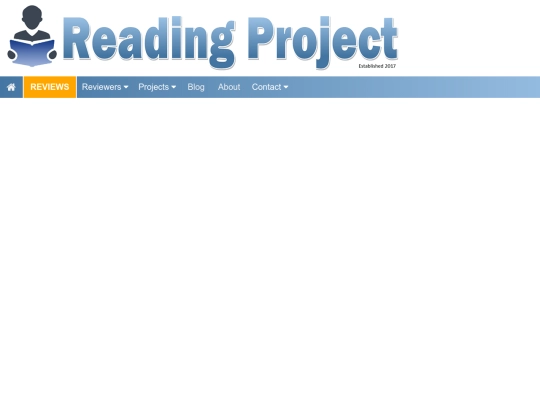


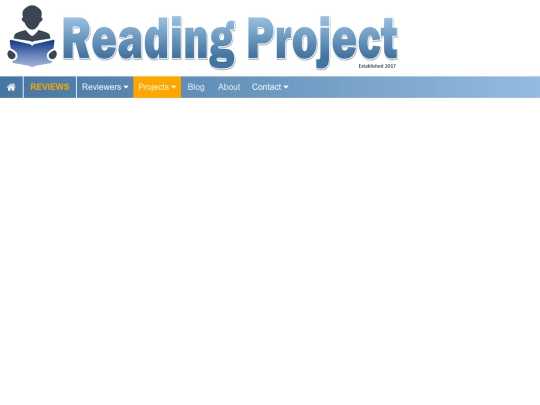
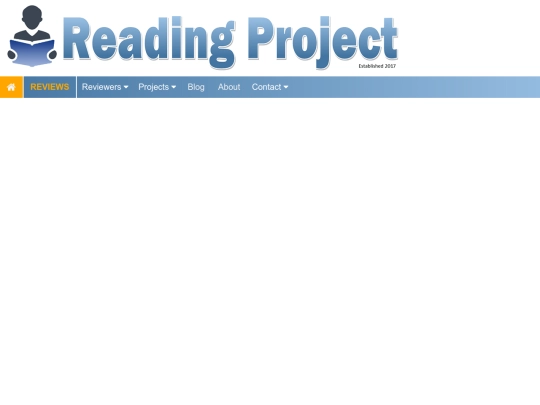

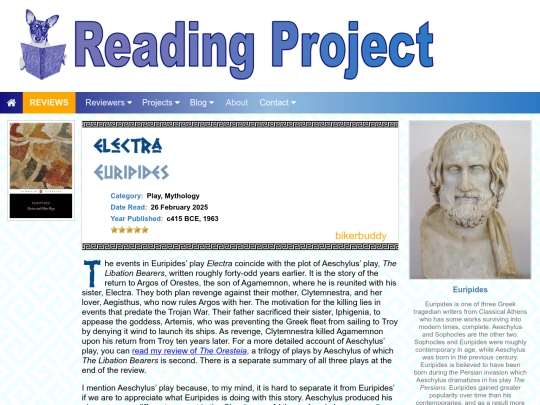

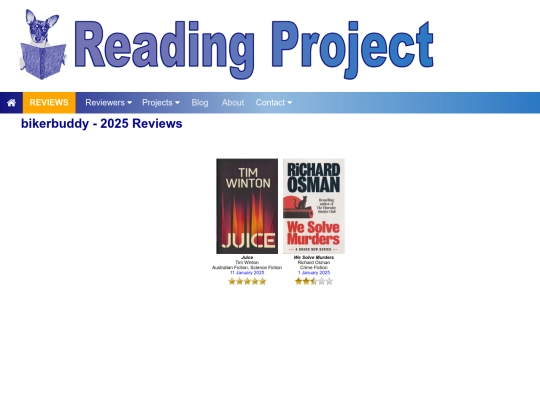
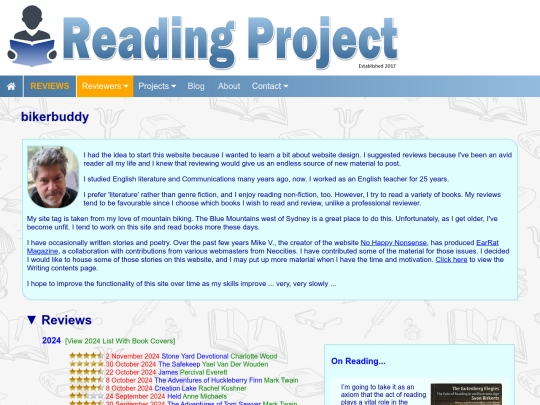
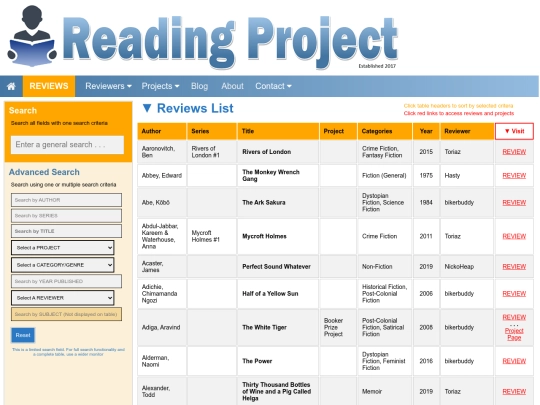
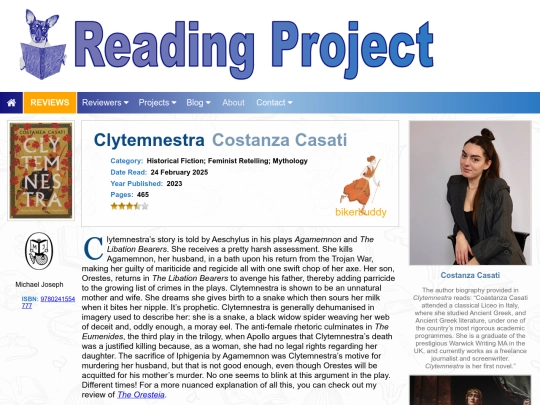
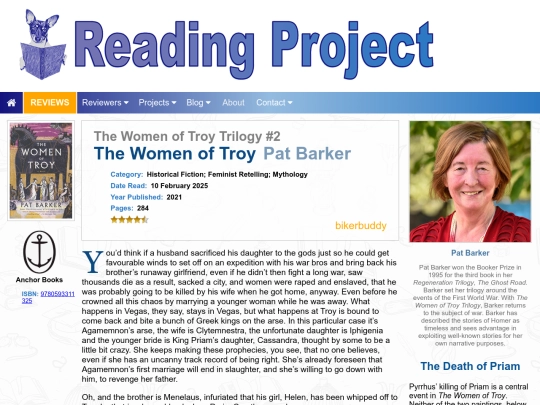
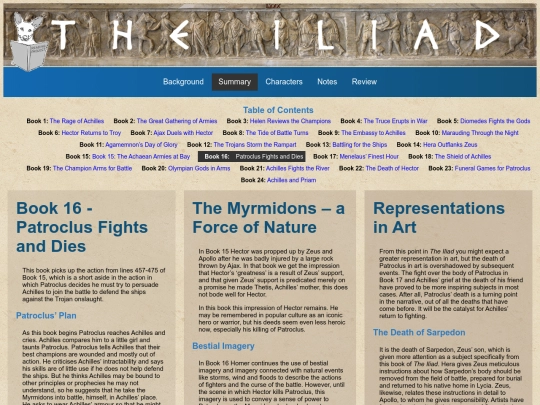

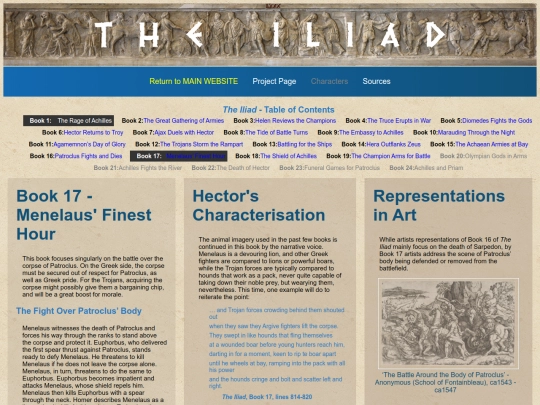
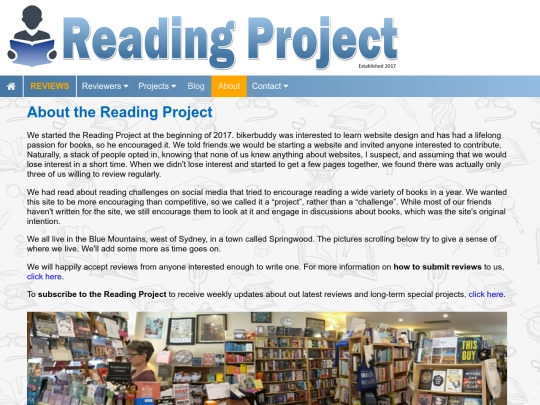































































































































































































I suspect that, without ebooks, coming to China would have isolated me a lot more from English-language literature than it has. I'd be restricted to the kinds of books at the foreign language bookstores here, mostly either classics or recent "airplane bookstore" type stuff -- though at the same time I'm not sure if being restricted to the classics would be all that bad...
also I'd probably have more motivation to read Chinese novels. Due to how much effort it takes, I generally only read Chinese stuff that feels "important." Maybe if I were cut off from English language entertainment, I'd read more "low-brow" Chinese literature, which in the long term would probably do a lot for my language skills
A little epilogue to the Amazon problem - a few years ago, I bought a couple of digital albums from a band that I like from Amazon music - one of them was never released on cd at the time it was supposed to have been (there was some wrangling with their record label, among other things, so it was never released, on cd, other than a single and songs put on to a greatest hits compilation.) and the other album I -
couldn't find on cd. I discovered yesterday that Amazon have started inserting ads between the songs when you listen to it on their website. This wouldn't be a problem if 1. I'd not bought the albums, and 2. if you could listen to anything on Amazon music without a subscription, which you can't do.
This doesn't bode well for Audible and there are other issues at stake other than rights of ownership because many people with disabilities and illnesses which mean they can't read books could lose access to books and this is a problem for disabled kindle users too.